“I do not seek, I lie in wait”
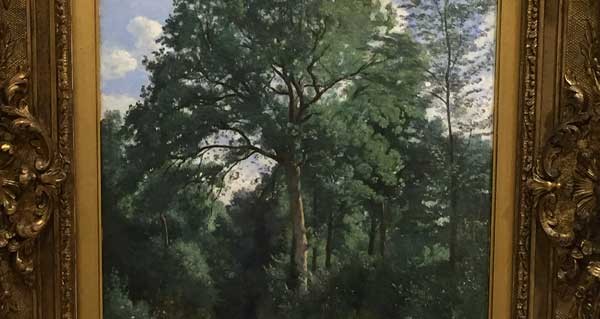
Corot's Entrée du bois à Ville d'Avray
Jean-Baptiste-Camille Corot (1796 – 1875)
Corot was an important bridge between neo classical landscape painting and impressionism. His landscapes as well as his figures were informed by scrupulous use of colour and design. His personal torch he took from Lorrain and Poussin and he handed over to the Impressionists.
Dirk Stroeve, a character in Maugham’s The Moon and Sixpence, declares that Corot never sold a picture, but this is probably a reflection of the early 20th century fancy that Corot was ‘passé’. In fact, after initial indifference by the Salon and the market, he was reasonably successful, and after his death, his work became prone to forgery (it was said he did some 3,000 canvasses, and 10,000 of them were sold in America).
He was not doctrinaire. He didn’t need a cupid (at least, not with bow and arrow) in his Arcadian forests.
Nor did he subscribe heavily to arbitrary rules – unlike the Impressionists, he wasn’t scared of browns, or (pace Charlie Higson’s troubled landscape artist in the Fast Show) Black.
He practised, measured, remembered and drafted in situ but he ensured that his first drafts were as good as the completed piece.
There is an unhurried, easy-going, meticulous aura about his work, the kind that only well-heeled parents could provide in the post-autocratic age.
Above all, though unfairly criticised as a painter who knew only mornings, he had the sense of painting light that marks true genius.
[There are two books on Corot that The Varnished Culture recommend: The Metropolitan Museum of Art work by Gary Tinterow, Michael Pantazzi and Vincent Pomarède, a giant catalogue of separate exhibitions of the ‘Poet of Landscape’ held in Paris 1996, Ottowa 1996 and New York 1996-7. A fine appraisal of Corot’s work and place in art history is Michael Clarke’s “Corot and the Art of Landscape.” (1991).]Here are some more great works of Corot from The Art Institute, Chicago:
Leave a comment...
While your email address is required to post a comment, it will NOT be published.

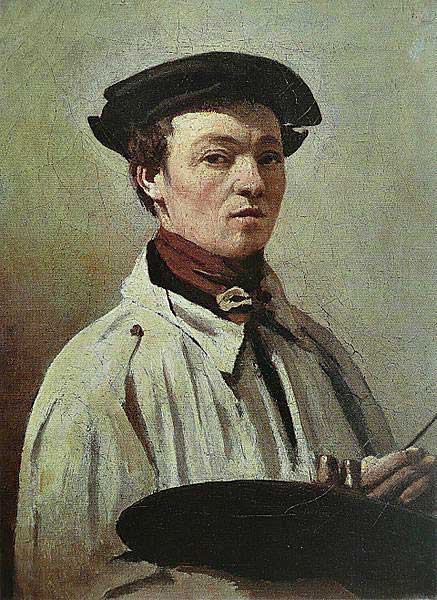
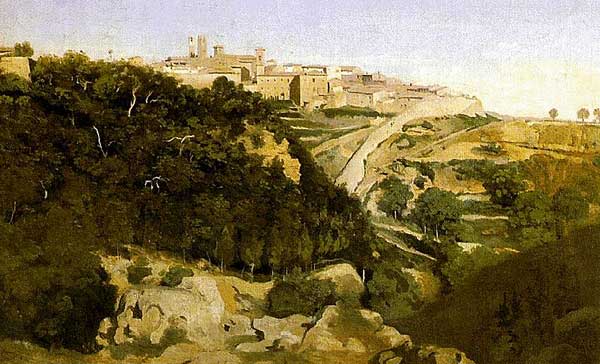
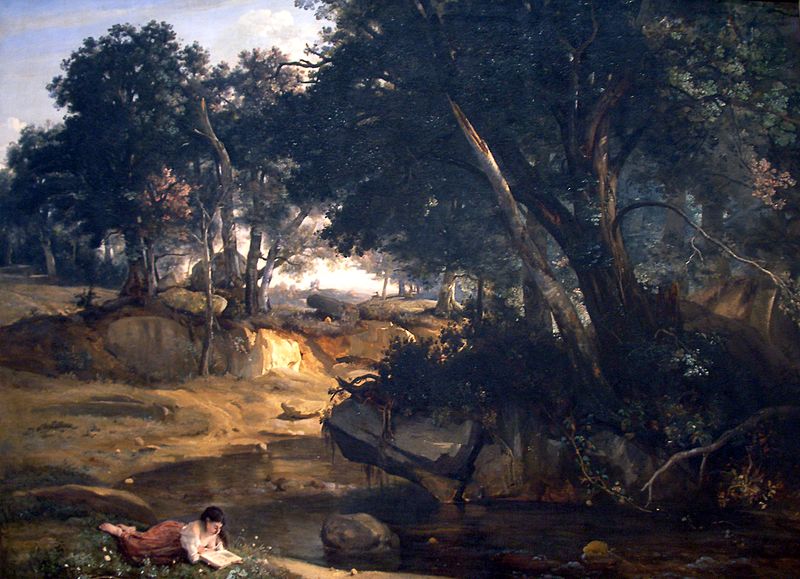

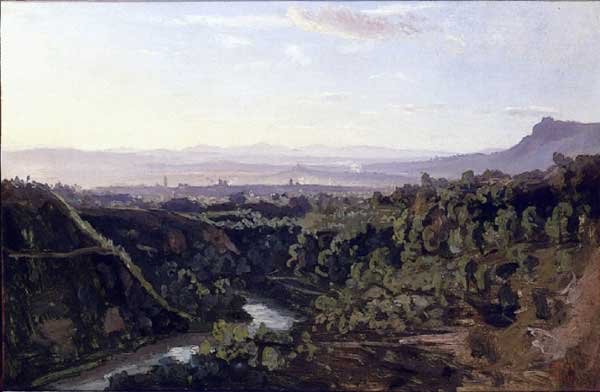
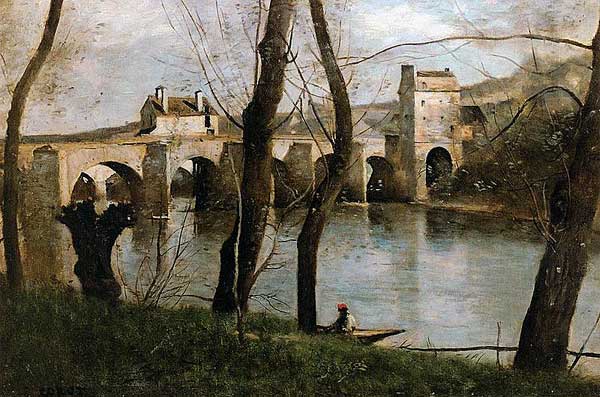
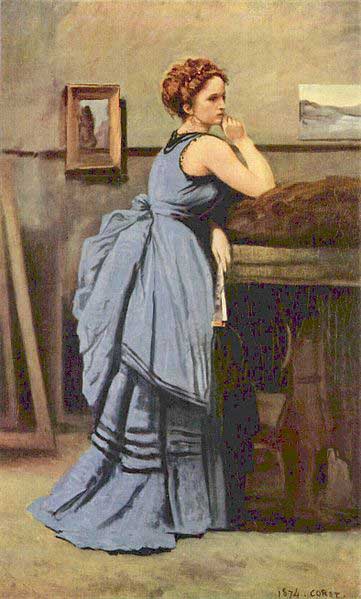
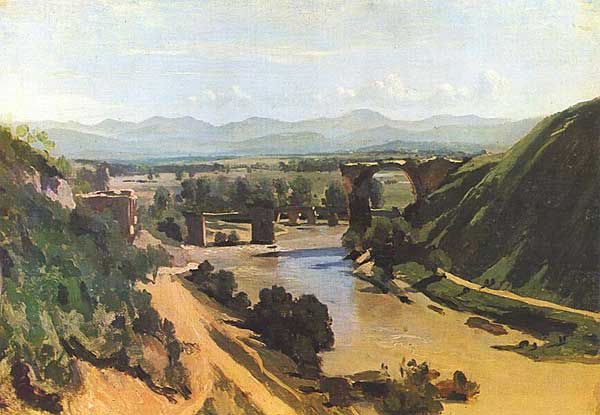
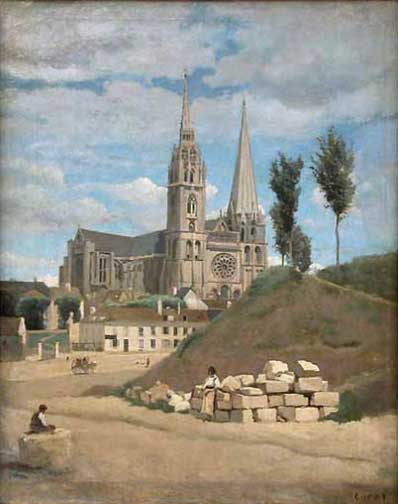
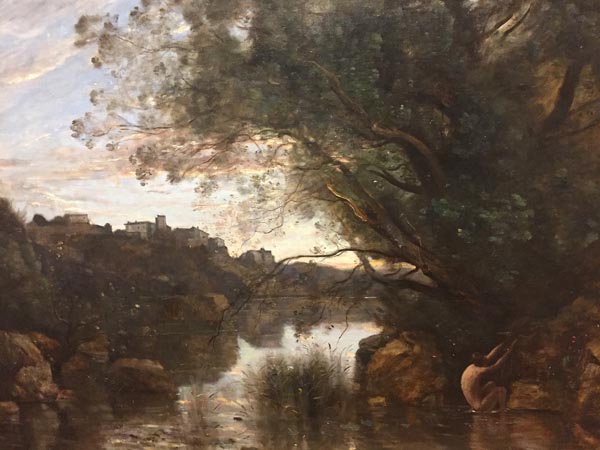
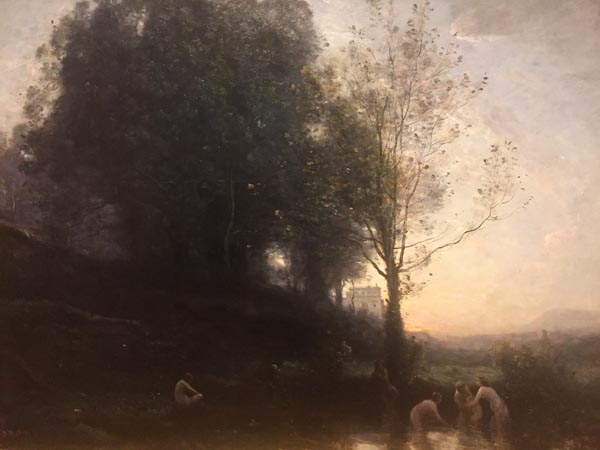
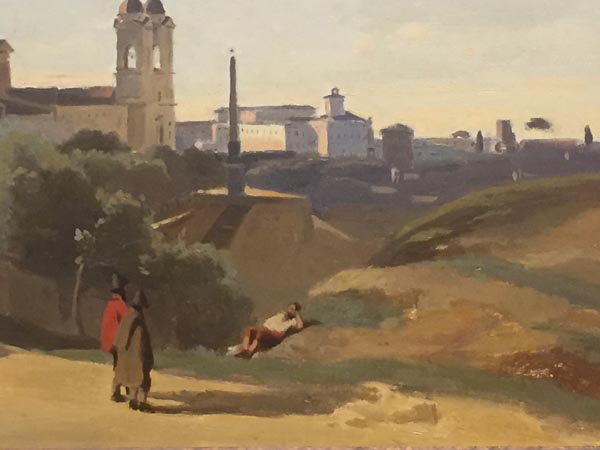

1 Comment